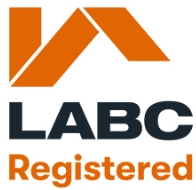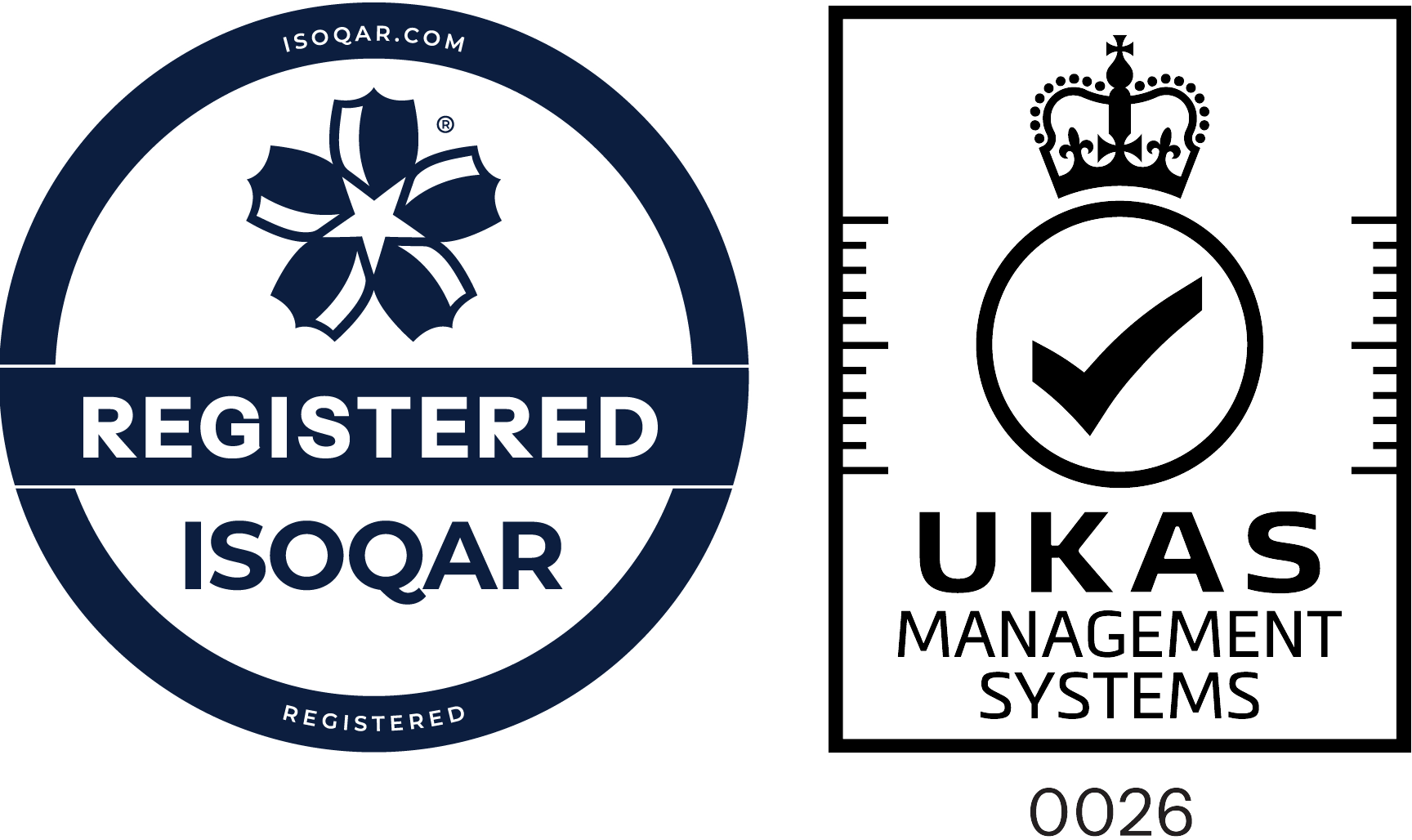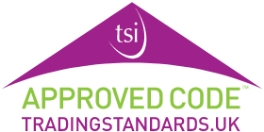So, you’ve started thinking seriously about a place of your own. Maybe renting no longer makes sense, your commute is getting too long, or you’re just ready to put down roots. But before you get lost in property listings, it’s important to ask a few key questions about your deposit.
A deposit is one of the most common concerns for first-time buyers. And while saving up a large amount can sometimes feel out of reach, getting on the property ladder might be easier than you think. Here’s everything you need to know about a first-time buyer deposit.
What’s the minimum deposit I need to buy a new home?
Most lenders will ask for a minimum of 5% of the property’s purchase price. For example, if you’re buying a home worth £260,000, you’ll need at least £13,000 saved as a deposit.
It’s easy to assume you’ll need 10% or more, and for a long time, that was the case. But many first-time buyers today are getting on the property ladder with just 5% deposit saved. In fact, with our 5% Deposit Match scheme, we’ll contribute an additional 5% towards your deposit, making it even easier to get started.
Of course, saving a bit more can help too. A larger deposit can give you access to better mortgage deals, which can reduce your monthly repayments. But for lots of first-time buyers, 5% is enough to get started, especially if you choose a lender that supports low-deposit mortgages for new build.
Do new build homes need a bigger deposit?
Although you might need to have a bigger deposit if you’re buying a new home, most new build developers like Kellen Homes, offer a range of new build buying schemes and incentives to help you buy your dream home.
At Kellen homes, we work closely with new home mortgage specialists, like RSC new homes, who can offer advice and match you with the right lender, saving you hours of scrolling and confusion. You can also try out our free, 60-second mortgage match tool to find out what you can afford.
Can I get any help with my new home deposit?
Yes, and this is where buying a new build can give you a real advantage.
At Kellen Homes, we offer deposit contributions on selected plots, which means we’ll put money towards your deposit when you reserve. It’s a simple way to bring the cost down and can make a real difference to what you’re able to buy.
There’s also the Lifetime ISA. If you’re aged between 18 and 39. It lets you save up to £4,000 a year towards your first home, and the government adds 25% on top. That means if you save the full amount, you’ll get an extra £1,000 every year, which can be used towards buying your first home.
Can a family member gift me a deposit?
Yes, they can. Many first-time buyers get a helping hand from parents or grandparents. Most lenders will accept a gifted deposit as long as it’s not a loan.
You’ll usually need a signed letter to confirm the money doesn’t need to be paid back, but your mortgage advisor can help with this.
What other costs should I plan for?
It’s important to remember that the deposit isn’t the only cost involved in buying a home. There are a few other things to budget for:
Mortgage fees: Some lenders charge set-up fees, which you can either pay upfront or add to your loan.
Solicitor or conveyancing fees: You’ll need a legal professional to handle the paperwork and manage the sale. The cost varies depending on the solicitor, but you’ll want to get a few quotes before deciding.
Stamp Duty: The good news is that most first-time buyers don’t have to pay any Stamp Duty if the home costs less than £300,000. As some of our homes are priced below this, there’s a possibility that you won’t need to worry about this extra cost at all.
So, what’s next?
If you’ve started saving, or even if you’re just figuring things out, now is a great time to explore what types of properties are available.
Kellen Homes has a range of homes for sale in Manchester that are perfect for first-time buyers. Our homes are stylish, energy-efficient, and built in communities where people genuinely want to live.
You can explore our range of new homes in Manchester here.
Kellen Homes is not regulated by the FCA and offers no mortgage advice so customers must take advice from a regulated mortgage adviser before proceeding.
Your home may be repossessed if you do not keep up your mortgage repayments.









